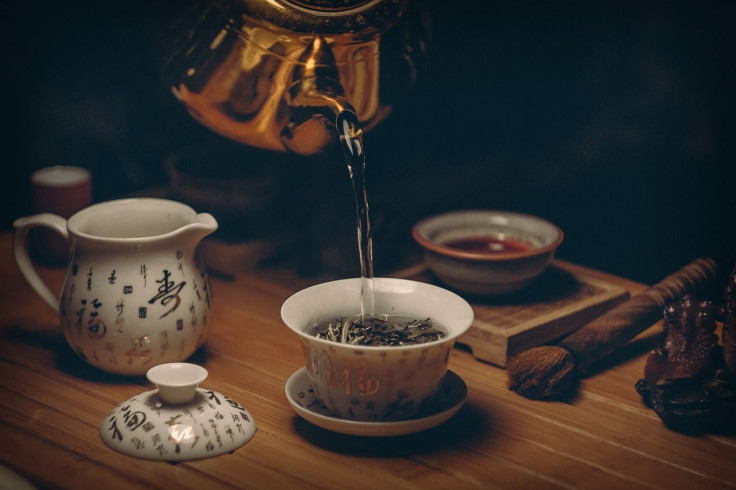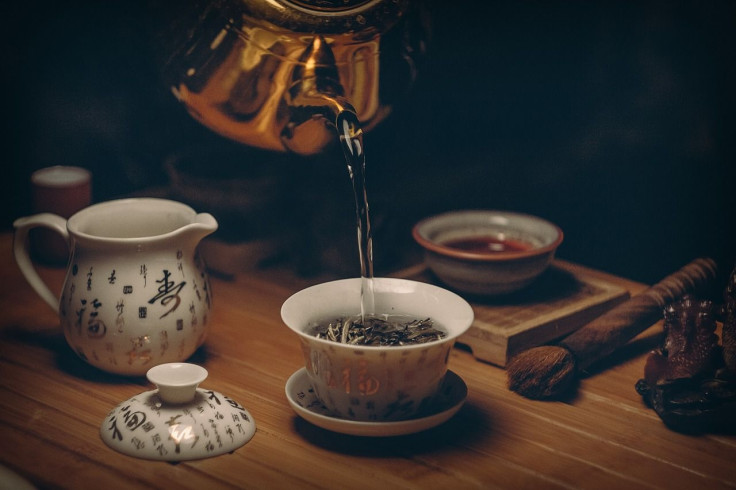Drinking Green Tea Often Will Help You Live Longer

Habitual tea drinking is associated with more healthy years of life, a longer life expectancy and, as an added bonus, might help you live longer.
Habitual tea drinking means drinking tea at least three times a week. It's linked to a longer and healthier life, according to a study published Thursday in the European Journal of Preventive Cardiology, a journal of the European Society of Cardiology (ESC). Conducted in China -- the world's top tea producing country -- the study involved 100,902 participants in the China-PAR project. These volunteers have no history of heart attack, stroke or cancer.
The most tea loving countries in the world in terms of per capita tea consumption are Turkey, Ireland, the United Kingdom, Iran and Russia. China did not make the top 10 list.
The study found that 50-year-old habitual tea drinkers developed coronary heart disease (CHD) and stroke 1.41 years later and live 1.26 years longer compared to those that never or seldom drank tea. Habitual tea drinkers also have a 20 percent lower risk of incident heart disease and stroke, 22 percent lower risk of fatal heart disease and stroke, and 15 percent decreased risk of all-cause death compared with never or non-habitual tea drinkers.
"Habitual tea consumption is associated with lower risks of cardiovascular disease and all-cause death," Dr. Xinyan Wang, study first author at the Chinese Academy of Medical Sciences in Beijing, said. "The favorable health effects are the most robust for green tea and for long-term habitual tea drinkers."
The study revealed that habitual tea drinkers who maintained their habit have a 39 percent lower risk of incident heart disease and stroke. They have a 56 percent lower risk of fatal heart disease and stroke, and 29 percent decreased risk of all-cause death compared to consistent never or non-habitual tea drinkers.
Senior author Dr. Dongfeng Gu of the Chinese Academy of Medical Sciences confirmed that the protective effects of tea are most pronounced among the consistent habitual tea drinking group.
"Mechanism studies have suggested that the main bioactive compounds in tea, namely polyphenols, are not stored in the body long-term," Dr. Gu said. "Thus, frequent tea intake over an extended period may be necessary for the cardioprotective effect."
The study also had good things to say about green tea. It said drinking green tea is linked to a roughly 25 percent lower risks of incident heart disease and stroke, fatal heart disease and stroke, and all-cause death. On the other hand, no significant associations were observed for black tea.
Dr. Gu noted that a preference for green tea is unique to East Asia. He said that in the study population, 49 percent of habitual tea drinkers consumed green tea most frequently, while only 8 percent preferred black tea. He noted the small proportion of habitual black tea drinkers might make it more difficult to observe robust associations, but the findings hint at a differential effect between tea types.
Dr. Gu believes two factors might explain the superiority of green tea. The first factor is that green tea is a rich source of polyphenols that protect against cardiovascular disease, whose risk factors include high blood pressure and dyslipidaemia. Black tea doesn't contain as much polyphenols because it's fully fermented. Fermentation means the polyphenols are oxidized into pigments and may lose their antioxidant effects.
The second factor is that black tea is often served with milk, which previous research has shown may counteract the favorable health effects of tea on vascular function.




























